Today marks the 19-year anniversary of the Columbine High School shooting in Littleton, Colorado. It also marks a day of organized walkouts at schools across the country. While students at thousands of schools participated in today’s walkout to protest violence in schools, here at CHS, administrators say no students walked out of class. Last month, a group of Camas students organized a 17-minute walkout to honor the victims of the Parkland, Florida school shooting in February. During that walkout, approximately 400 Camas students left class.
In a letter sent to parents of CHS students Thursday, administrators announced “students who leave campus without appropriate check out will incur an unexcused absence. Interestingly, officials from Columbine High School are encouraging the nation to follow their lead and honor the memory of their students with a day of service as they have done for many years. They ask that students not walk out of school this Friday.”
So, as students today mobilize in their efforts to create political change nationwide, the Camasonian staff had an opportunity to interview a survivor from the Columbine High School shooting in 1999. Jolee Thompson was a senior at Columbine when
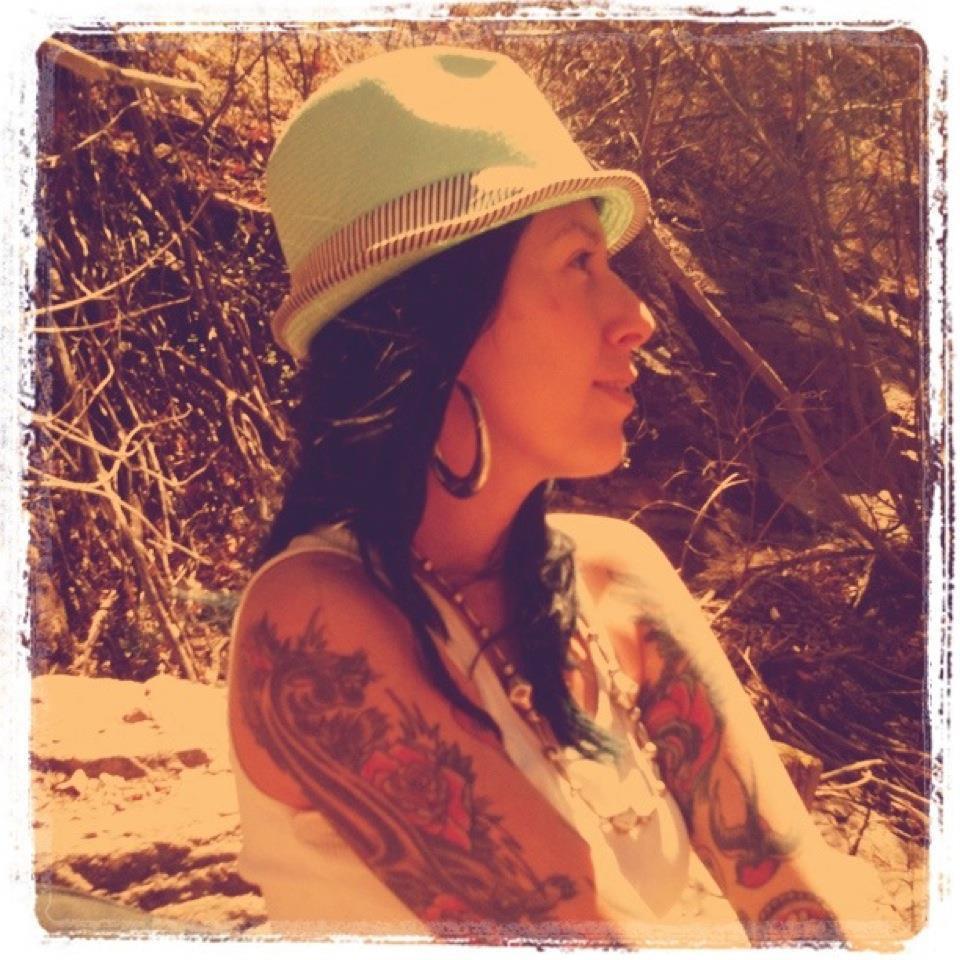
her two classmates, Eric Harris and Dylan Klebold, murdered 12 students and one teacher. Harris and Klebold exchanged gunfire with police before ultimately committing suicide on campus.
Camasonian Staff (CS): When did you first know something was wrong?
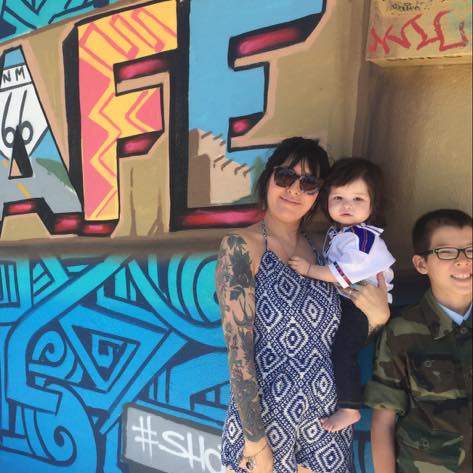
Jolee Thompson (JT): “I was in my painting class which is in the art part of the building, which is basically as far in the building as I could have been. Someone pulled the fire alarm, and so we thought it was a fire drill. We were supposed to exit to a park just north of the school. I’ve always considered myself really lucky. I didn’t see anyone bloody. I just saw students shaken. I learned everything from the news. That morning my mother asked me to go to all my classes, but 95% of the time I would have been sleeping in the library or in the cafeteria. If she hadn’t have said that, I think I definitely would have been where everything happened.”
(CS): Did you know the shooters personally?
(JT): “Yes. They were very aloof and very judgemental. They were not very kind. I knew who they were, and they knew who I was. Because I had just transferred to the school and because I didn’t fit in very well, I definitely tried to strike up a conversation with them because they were into the industrial music scene. They were definitely not open to any new friends. Even in that group of people, they never seemed very engaged with anyone else besides each other.”
(CS): After the shooting, what did you think about the shooters?
(JT): “I thought the whole thing was shocking. You know when you’re shocked, but you’re not surprised? I would say that was my emotional response. The whole thing that this could happen at all was completely far out. The idea that if anyone in the school did it, it was them, I wasn’t really surprised. They were pretty miserable.”
“When I learned later that they had intended to do something much worse, that actually surprised me more. They had propane bombs in the cafeteria that didn’t go off. If those had gone off, easily 500 kids would have been killed immediately. Then they had car bombs in their cars. They were going to stand outside the school with their guns and kill anyone fleeing the school from the explosion. Their cars were supposed to explode an hour or two after the shooting, after the news was there. The fact that there weren’t hundreds more death, was pretty amazing. I was really surprised by that.”
(CS): How did you deal with everything immediately after the shooting?
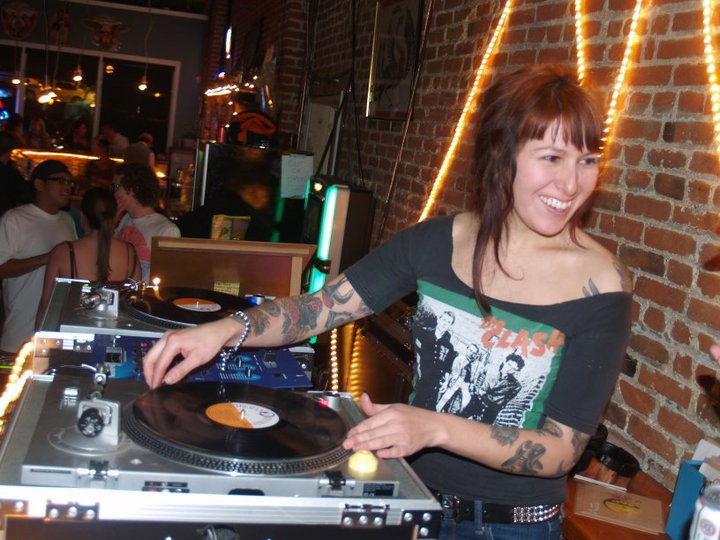
(JT): “The first thing I did was call my mother. Her hair salon is right next to a fire department. I knew if she heard sirens going off at Columbine she would be worried, so I called to tell her I was home and okay and that there was a shooting today. Unfortunately, I was unable to rationalize what happened and say to myself what happened. I said to myself so many worse things happen to children of urban or inner-city schools. I think it was a coping mechanism to say that there are worse things that happen every day in other places.”
“It wasn’t until I went back to the school for the 10-year anniversary. They closed the school and did an alumni brunch. When I was there in the art department thinking about all the things I had done in my life, by that point I was a mother, and that’s when I felt the full weight of the emotional impact of everything that happened around me. I had a ten-year delay, and went to counseling for it ten years later.”
(CS): Do you plan on your kids attending Columbine?
(JT): “I think about my son going to Columbine. I think ever since I had Jonah, I’ve always considered raising him is a great responsibility… to make sure he’s resilient enough to handle bullies or people who are unkind to him and also to make sure he doesn’t become a bully who turns their anguish inward. I’ve been concerned in my parenting to make sure that by the time he gets to Columbine, he is empathetic and healthy and kind, so that way he won’t become someone like Eric or Dylan.”
“I can’t believe it’s been almost 20 years and our society is still grappling with this. I have to contend with the worry of sending my child to school.”
(CS): Do you think the walkouts now are doing anything or are they doing more trouble than good?
(JT): “I think they’re wonderful and absolutely they’re doing something. If you look at how our culture historically has made progress, I think the walkouts are incredibly important. The only way we have ever seen progress against big money groups like the NRA is turning the tide of public opinion, and grassroots movements are the way to continue to stoke the fire on things we should support. I am in full support of the walkouts. I wish in the days after Columbine I had the perspective to be involved in something like that.”
(CS): What do you think about the students in Florida?
(JT): “I think this whole generation of students who are activists were created. One of the main ingredients is the fact that there have been so many shootings. I had never heard of this, so when it happened it was a total left hook.”
“I think the kids today grew up already thinking about it. They already have their opinions, and with social media being an amazing tool for organizing. In ‘99 if you wanted to create a movement like that, you would have had to create a phone tree and put it in the news everywhere. It would have been near impossible. They have these amazing tools at their disposal.”
(CS): What would you tell students now?
(JT): “I tend to adopt Ann Frank’s idea that I think there is still goodness. I think it’s really important to stay grounded in the fact that most people are good, and most people are full of love. That’s always been my way of coping with everything. I try to see the sunny side.”











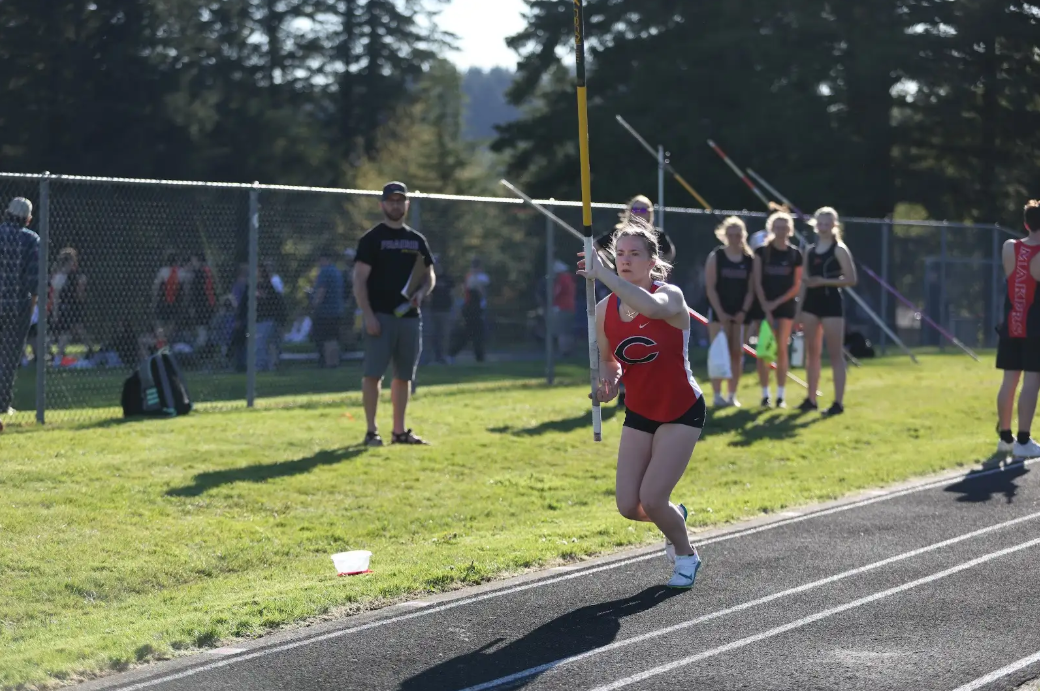






















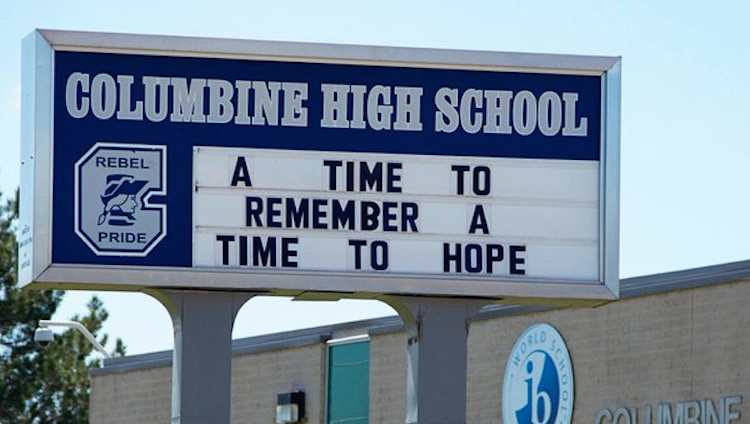
Derek Jaques • Apr 26, 2018 at 12:13 PM
From a journalistic standpoint, I love the interview and recounting of this historical event. Oral history is so powerful in brining the past alive. Well written piece and very timely!
Eric Linthwaite • Apr 20, 2018 at 3:21 PM
great article
my 1st year of teaching was columbine – it set the theme since
we say all the time “soldiers die for our freedom” – school massacres remind us it’s ALL of us, actually, from time to time, who are casualties to the freedom enshrined in the 2nd amendment